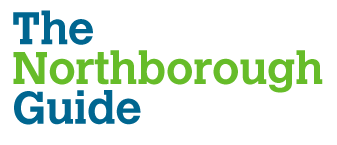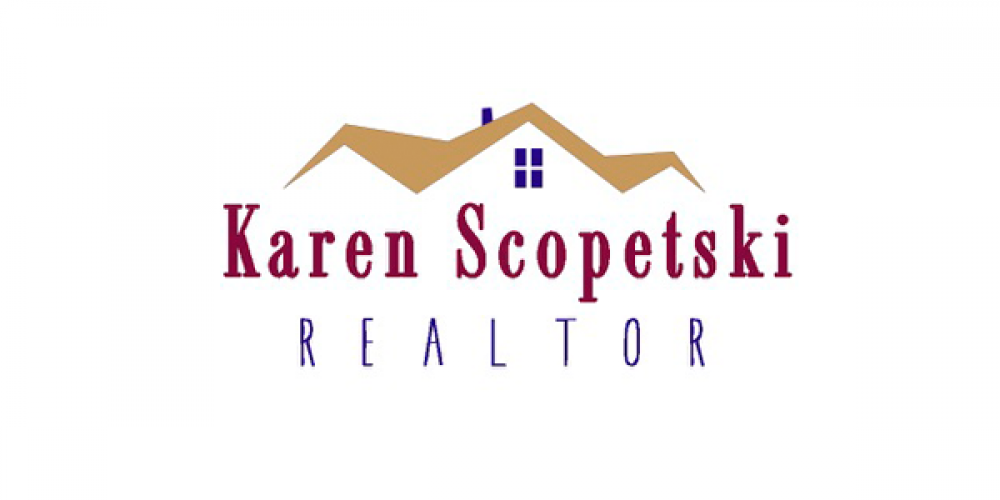The following expert insight is from Northborough’s Karen Scopetski, Realtor.
While real estate has ups and downs, it has generally been a good long-term investment. Owning a home is one way of investing, but to really take advantage, you can buy property that you won’t necessarily occupy but will make you some money.
How Real Estate Makes Money
There are two basic ways. You can rent out your property, or you can sell it for more than you paid. The latter usually involves improving the property and then “flipping” it.
Before you start making offers on potential rental or flippable property, think about what you hope to accomplish. Are you going to be a landlord or a flipper? The two require different attitudes and skills. While it’s certainly possible to combine the two – to buy a building to fix up and rent, or to rent something you will eventually sell – most people focus on one or the other.
Getting Started
In either case, it’s wise to start small. You may aspire to own an entire apartment complex and rent to a building full of tenants, but it’s better to start out with a single unit and learn to meet the challenges of being a landlord. One hands-on way is to buy a duplex, live in one half and rent the other. If you’re a flipper, you might want to eventually manage a renovation team restoring houses all over town, but you’re better off to cut your teeth on just one.
If you’re a novice, you’ll want to buy locally, and you’ll need to understand real estate trends in your community. Which neighborhoods are changing for better or for worse? How are prices moving? Does the market favor buyers or sellers? Remember, locals trends can be different from national ones. What percentage of available rentals markets are occupied? If occupation rates are high, it’s easier to find and keep tenants.
You can scour local listings yourself, but you’ll do well to consult a real estate agent who understands the market and local rentals. It’s best to work with a banker and have financing in place before you start.
Be realistic about projecting your revenue and expenses. Renovations often cost more than you’d predict. Rental upkeep can be expensive. Eventually you’ll need to upgrade appliances and replace the roof.
If you’re going to be a landlord, decide how hands-on you can be. Can you make repairs yourself? Are you willing to locate tenants and deal with them on an ongoing basis? If not, hire a property management company to take care of day-to-day management.
Investing at a Distance
You don’t have to buy a property and take on the associated headaches to profit from real estate. A vehicle such as real estate investment trust (REIT) or crowdfunded real estate makes you a part-owner of a large real estate investment. Someone else selects and manages the properties. It’s similar to buying stock. You (and others) provide the money, accept the risk and potentially enjoy the profits.

